Although it is dubbed Weber’s plan, the proposition under discussion is in fact linked to Emmanuel Macron and his circles, a V4NA source in Brussels says.
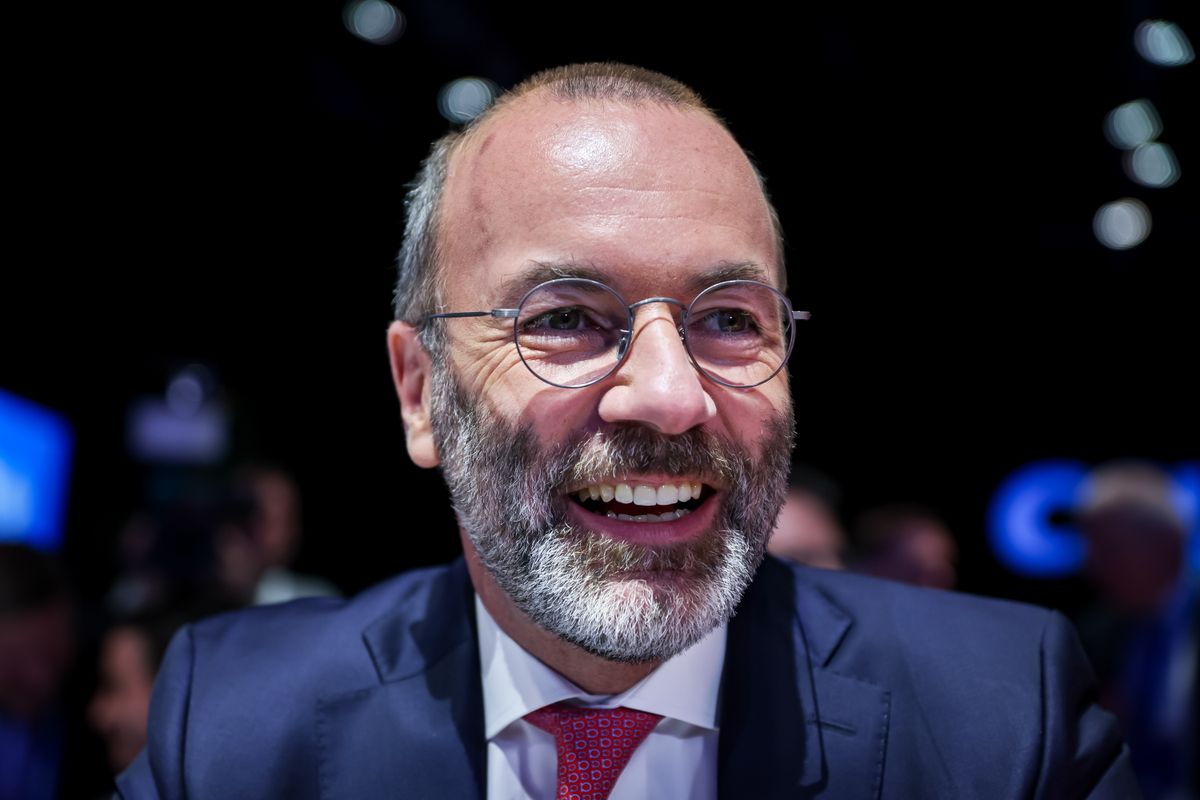
As early as in 2018, the French president spoke about a plan for a European army under the direct authority of Brussels.
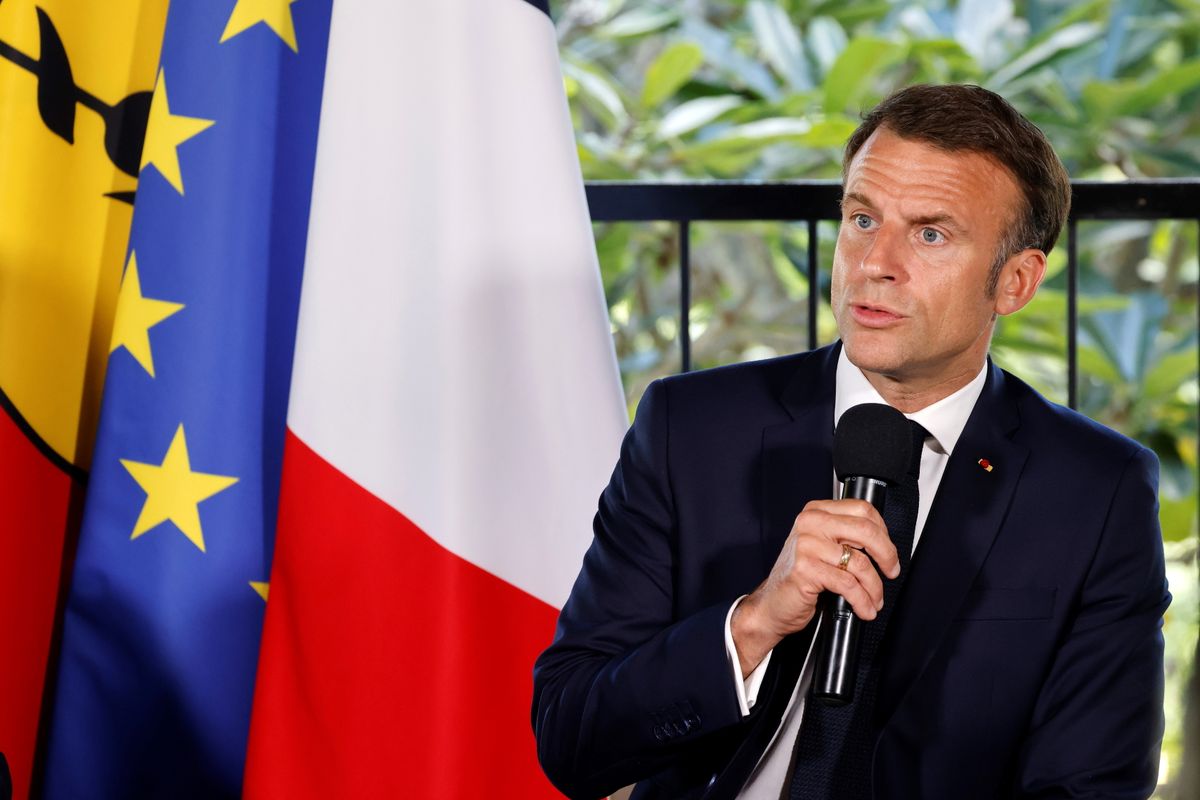
V4NA’s source, who knows Weber closely, had a good laugh at the fact that this proposal is now referred to as Weber’s plan, because, as he put it, Manfred Weber could hardly come up with such comprehensive ideas on his own.
Several elements in Weber’s plan can be traced to Macron and his circles. However, after Macron’s war-related statement, the French have realized that such utterances greatly damage the French president’s popularity, and so they let the Germans have the plan.
The introduction of compulsory conscription is expected to spark a serious debate as the move will be unpopular in most countries because the vast majority of people do not want to go to war.
Perhaps this is why the issue has been raised during the campaign period in a bid to get people used to the idea. Manfred Weber spoke about his plan on a show on BR24 television.
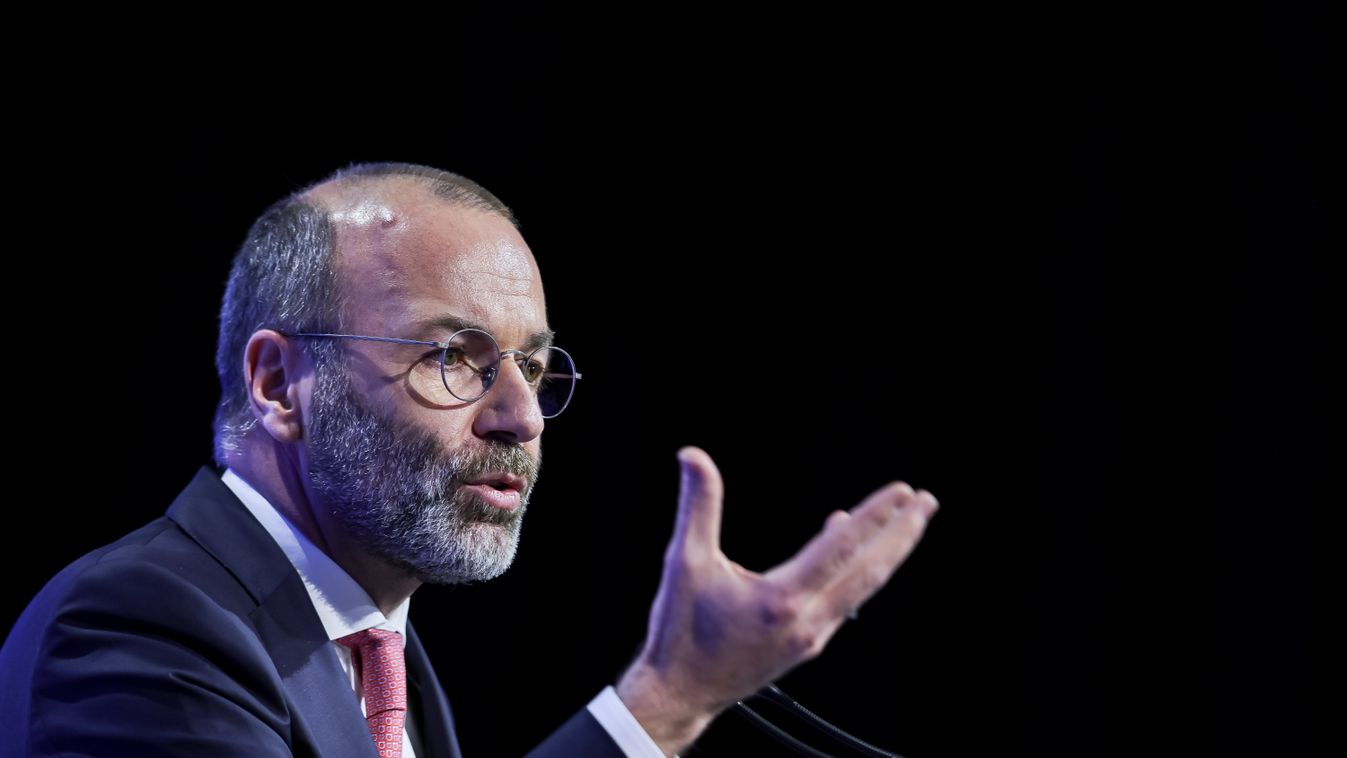
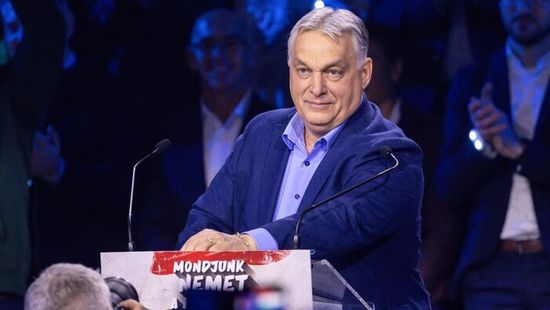
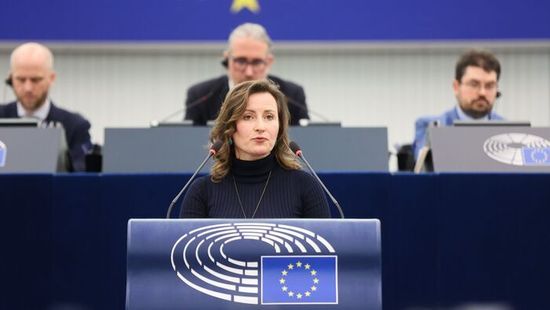
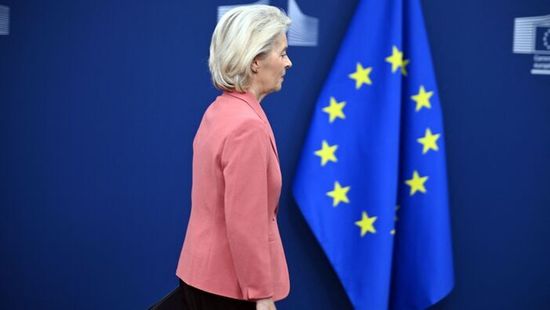
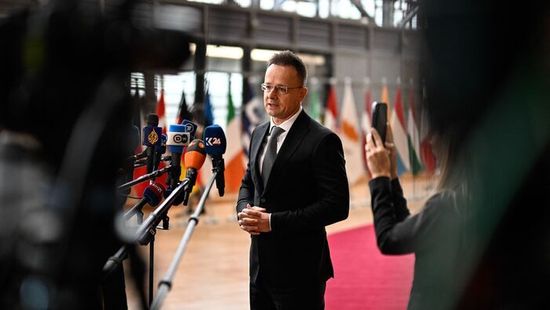



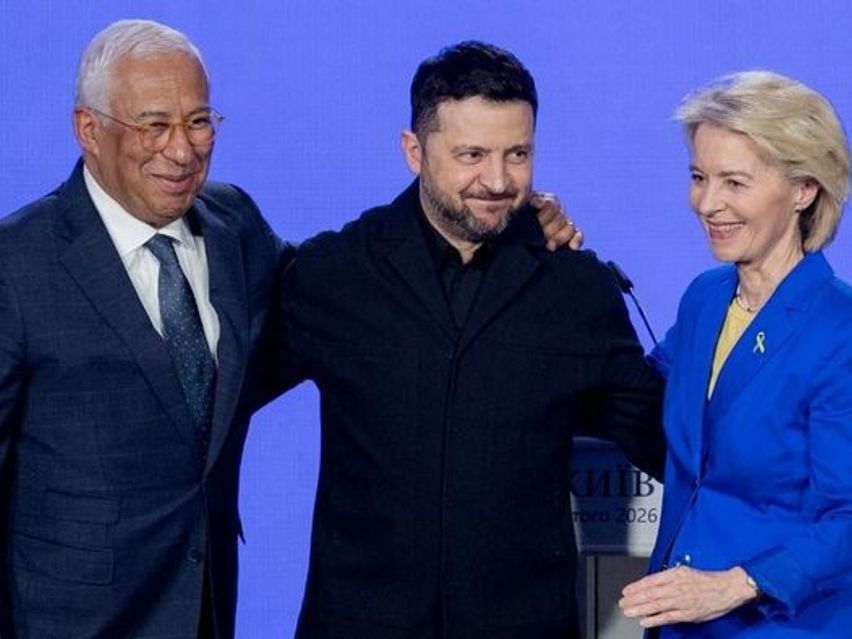
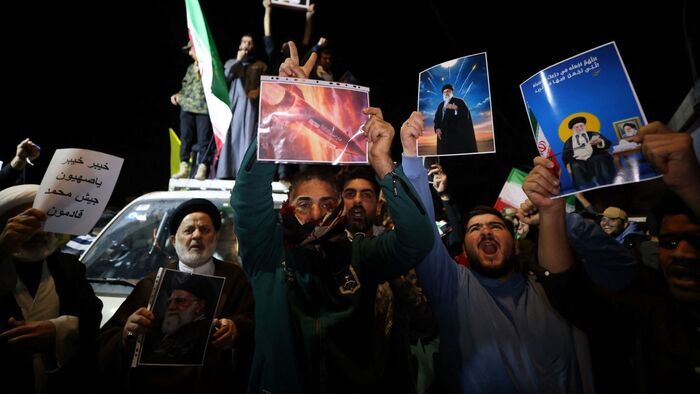

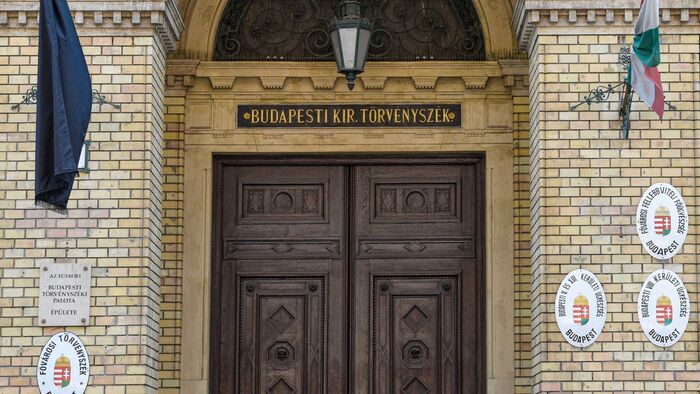

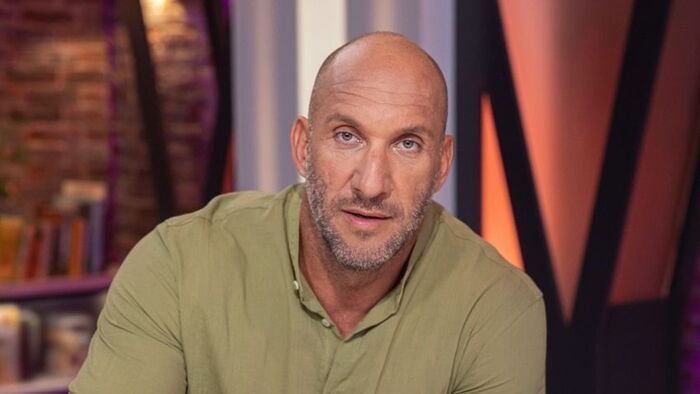
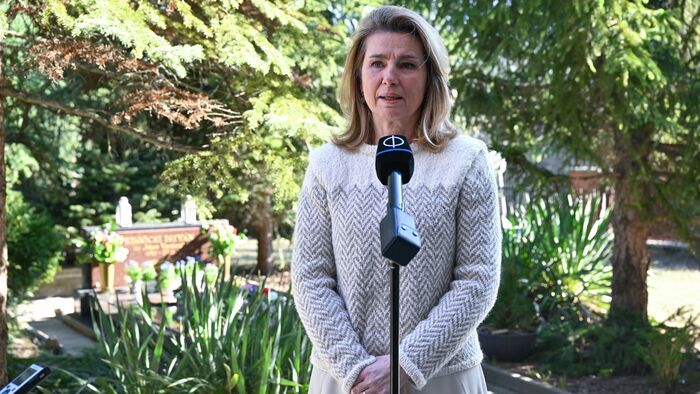
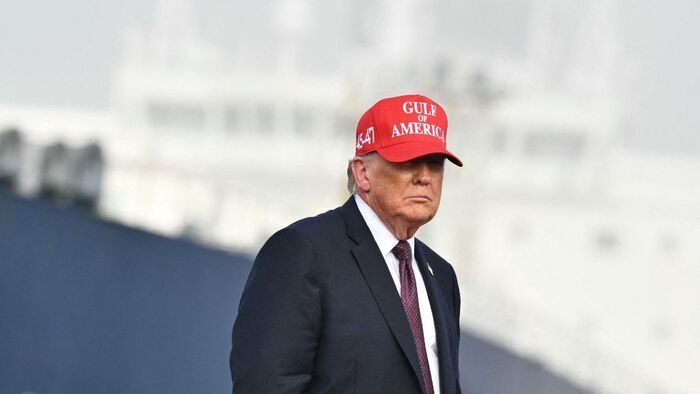
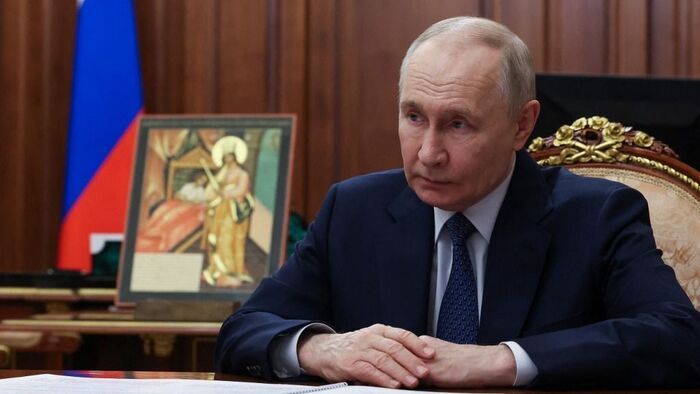



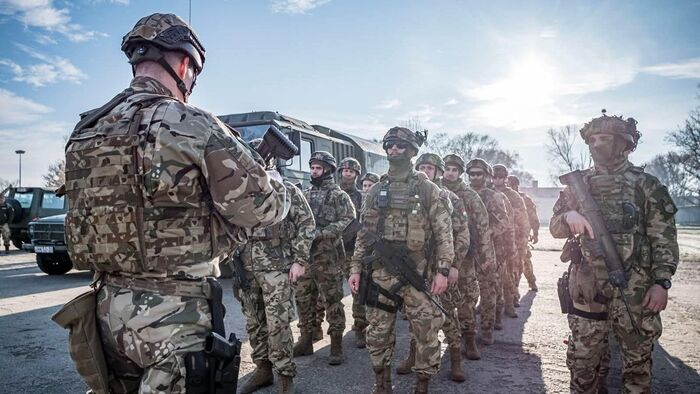


Szóljon hozzá!
Jelenleg csak a hozzászólások egy kis részét látja. Hozzászóláshoz és a további kommentek megtekintéséhez lépjen be, vagy regisztráljon!